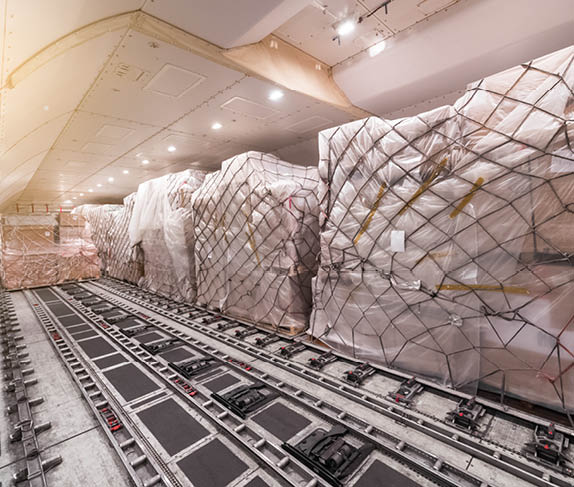Following the publication of a recent report by the US Treasury Department and White House Council of Economic Advisers, President Barack Obama has warned that the US is lagging behind China on repairing and improving national infrastructure. In the report, figures show the US spends of Gross Domestic Product on infrastructure is just 2%, while China spends about 9% on infrastructure.
In a speech to drum up support for a renewed focus on repairing and improving US roads, bridges and airports, Obama referred to Chinese plans to build 120 new airports over the next decade, as well as its investment in new roads and land mass transit systems. But the US president did not go further and state exactly why China was putting so much money and effort into building up its transport network, particularly its airports.
The South China Sea and the majority of shipping lanes in the Pacific Ocean are controlled by the US navy and its allies. Because China is unable to supply food to its population without exports, the government is seeking to control all of the supply routes into the country to guarantee its food supply, but why? The world is starting to feel the after effects of the global financial crisis. As the crisis bites inflation is starting to rise, maybe not yet in the US and Europe, but it is certainly rising in the emerging markets. Nowhere is the rise felt more vividly than in food prices. Commodities are at a premium because countries omitted to build up food buffers during the boom times because agricultural production was thought to be so efficient grain mountains for the leaner years were deemed no longer necessary. High commodity prices mean more expensive food, which leads to a need for higher wages. This need has been felt more harshly in emerging markets, which is contributing to civil unrest in some regions – demonstrating the human pain of the financial crisis. As such, countries are starting to look to protecting their economies and national security.
With 50 million unemployed in China, civil unrest could destabilise the country. It is worth noting that The Tiananmen Square protests took place during a period of high inflation and following austerity measures imposed by the government. China knows it needs to look after its national security in this fragile world economy and that means protecting supply lines. If it cannot succeed in controlling the shipping lanes, then air transport will become of crucial importance. It is therefore no surprise that the government is investing in its aviation infrastructure with 120 airports either under construction, completed or planned already. The demand for air freight will mean more cargo aircraft orders for government controlled Chinese carriers and all of those 120 airports and increased cargo fleets will need MRO services and maybe FBO units at each location.
This is a gold mine for aviation aftermarket and service supply but will it be for manufacturers? This is unlikely unless the aircraft are built in China but the country will be a leasing/aftermarket goldmine in the not-too-distant future which means a conversion boom is on the cards.

